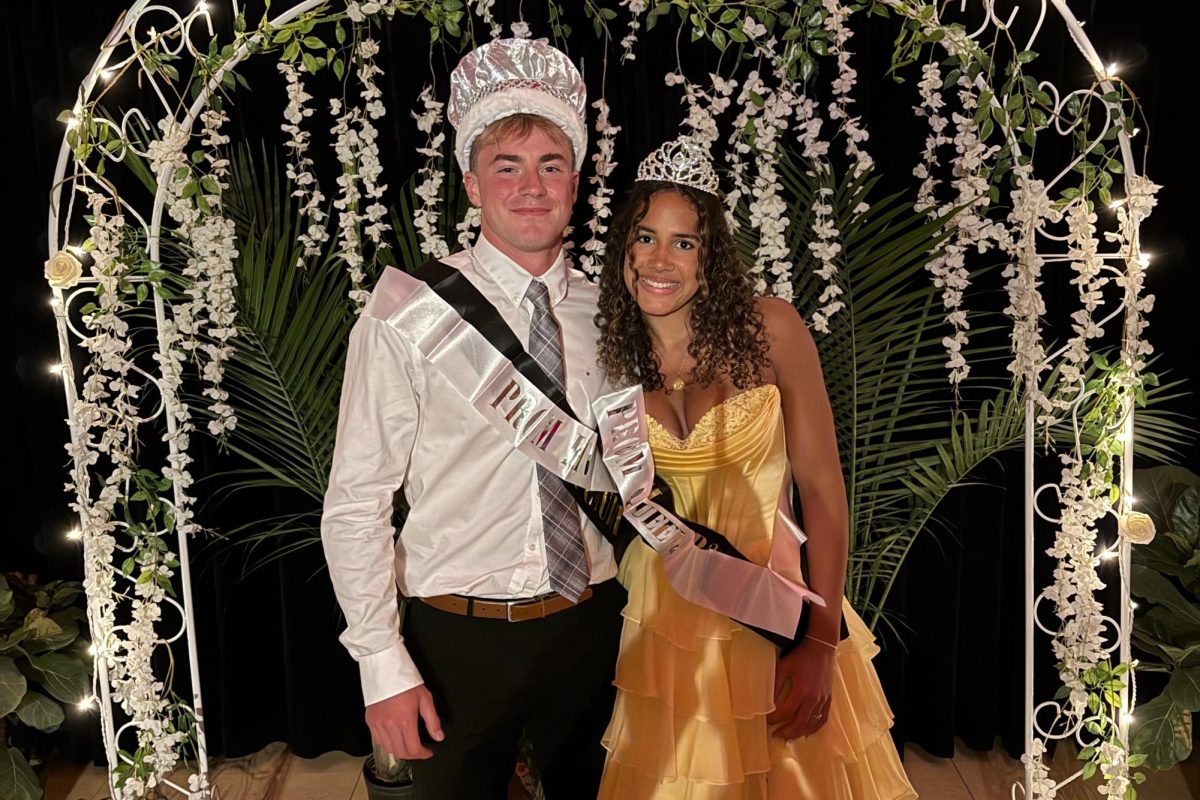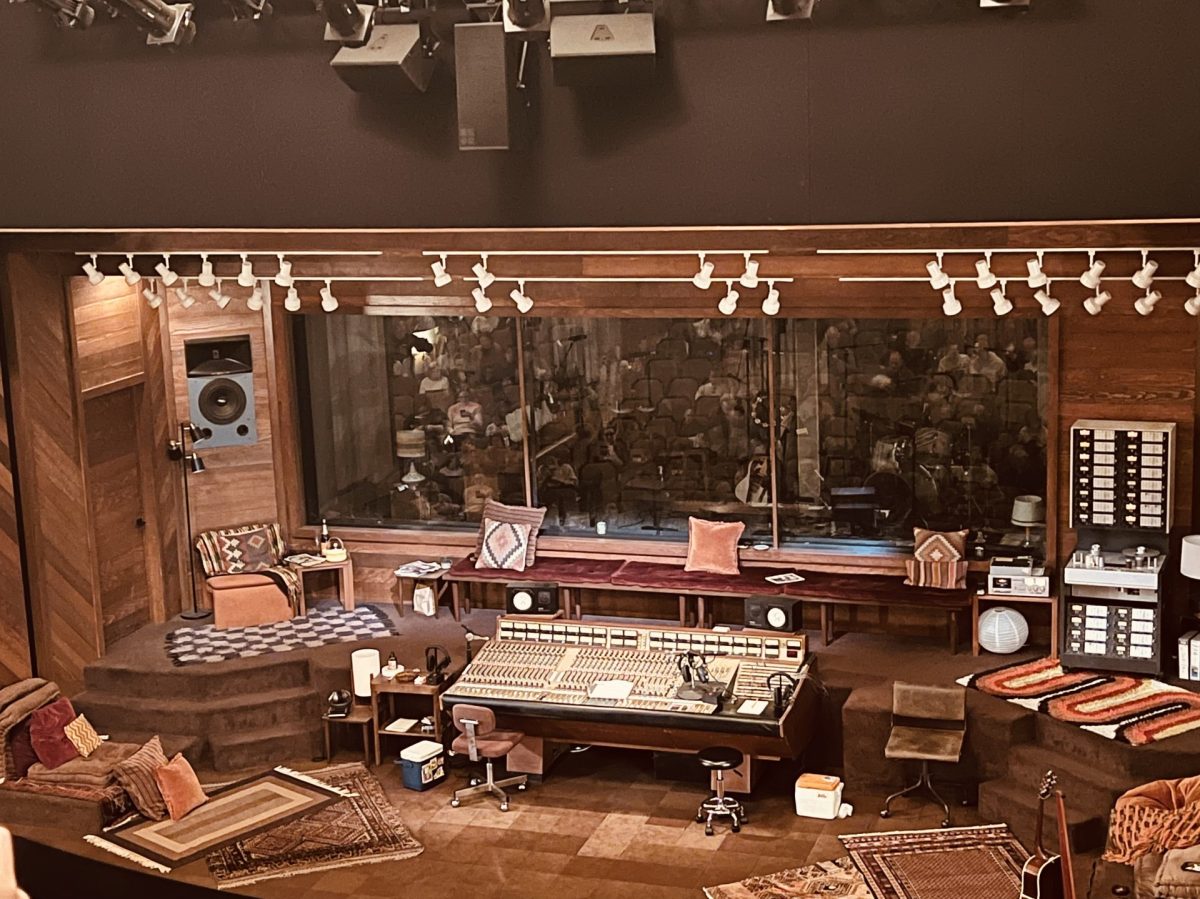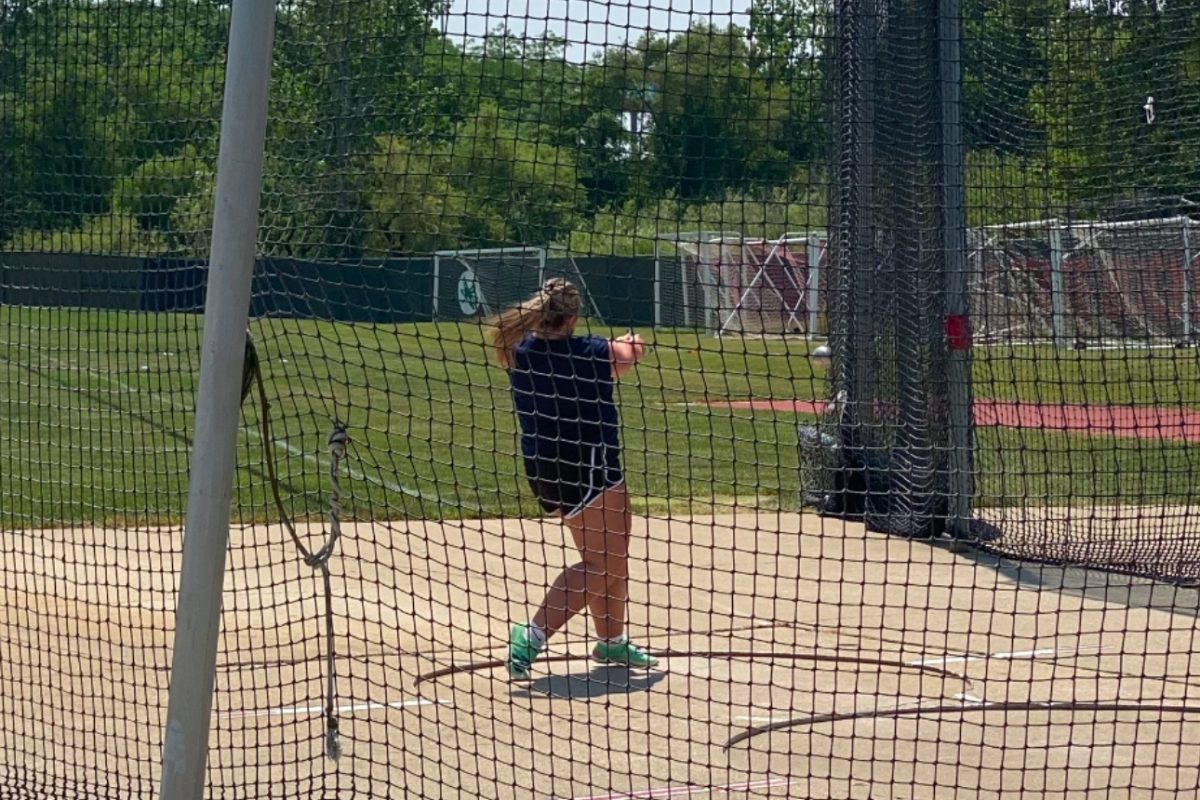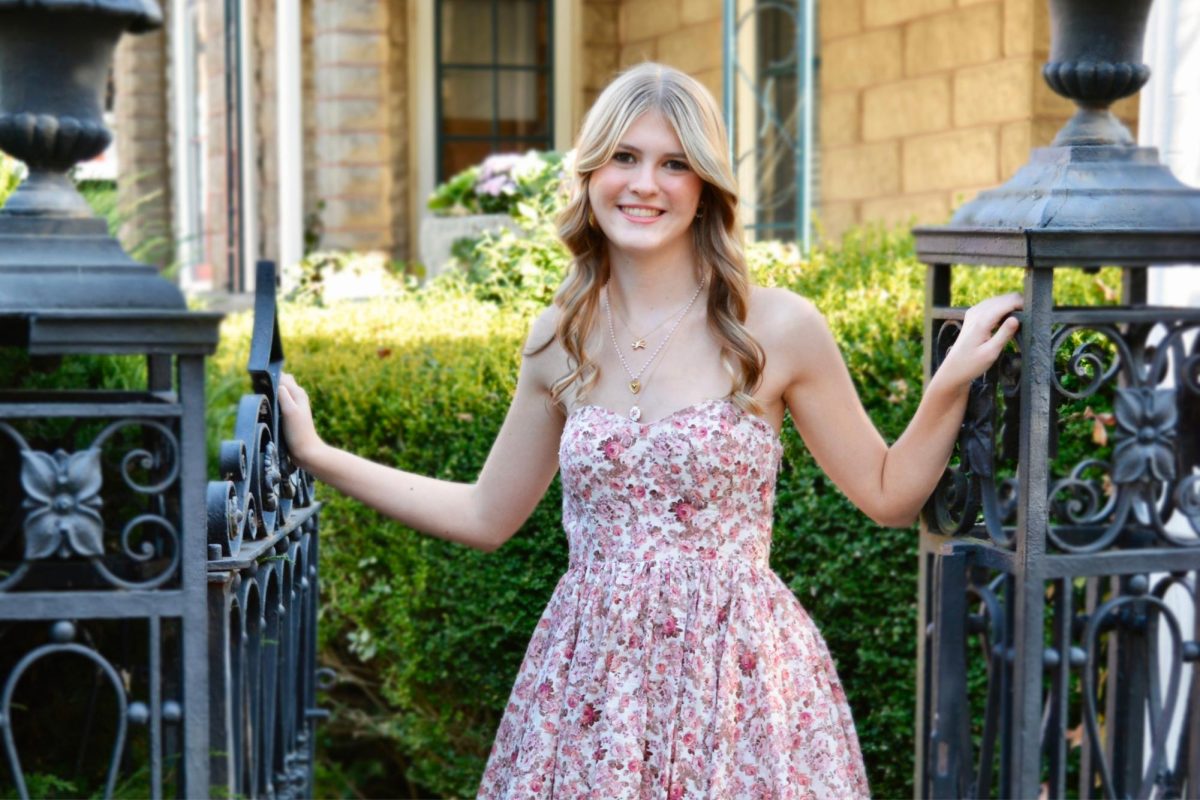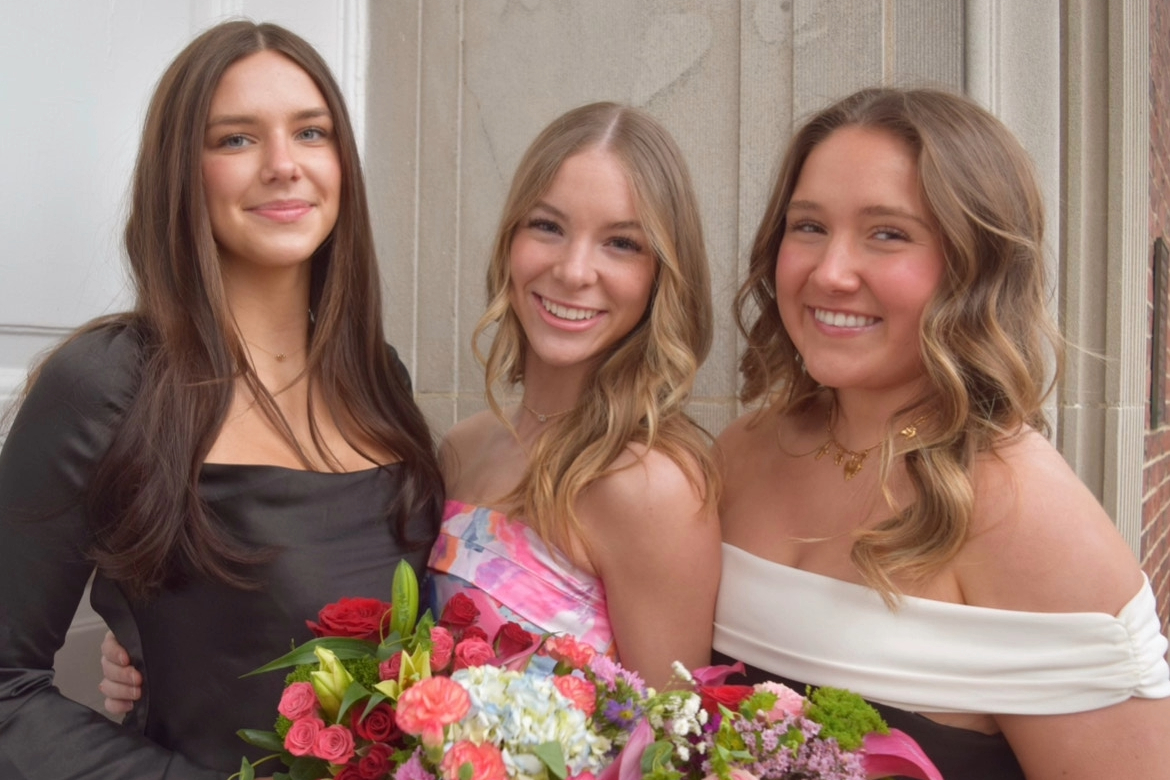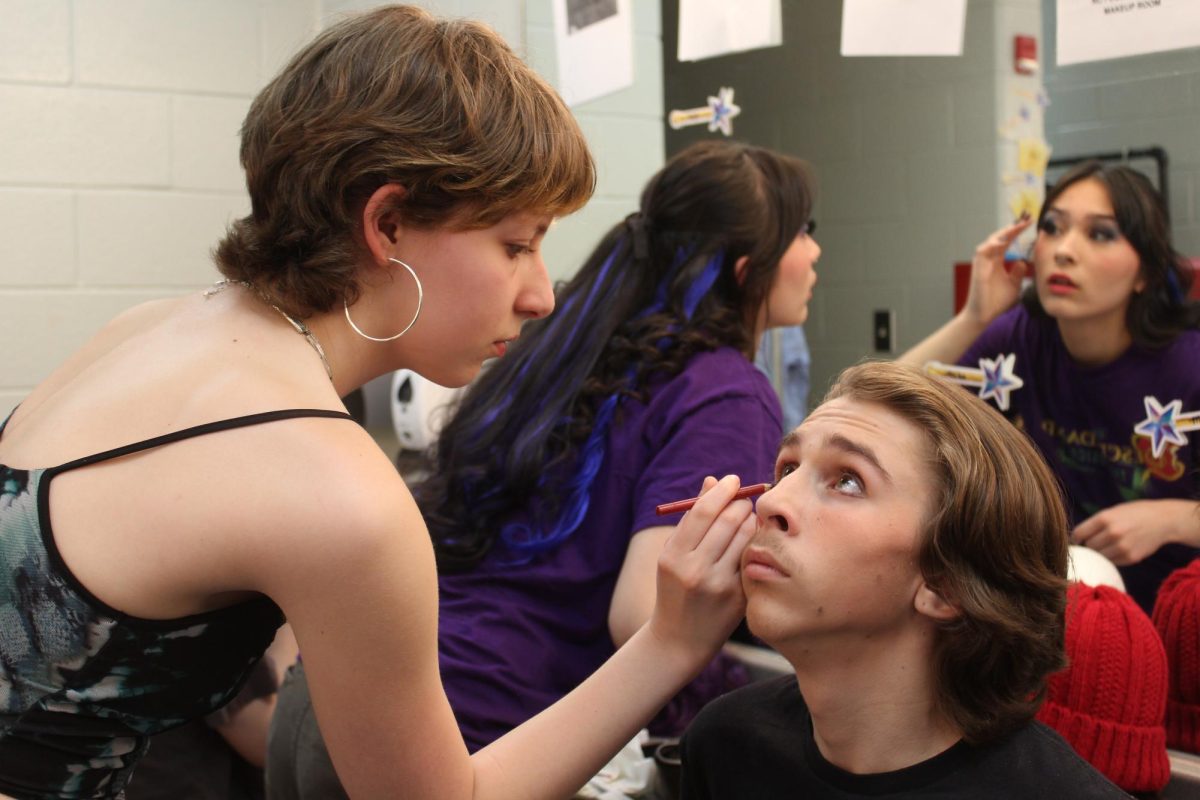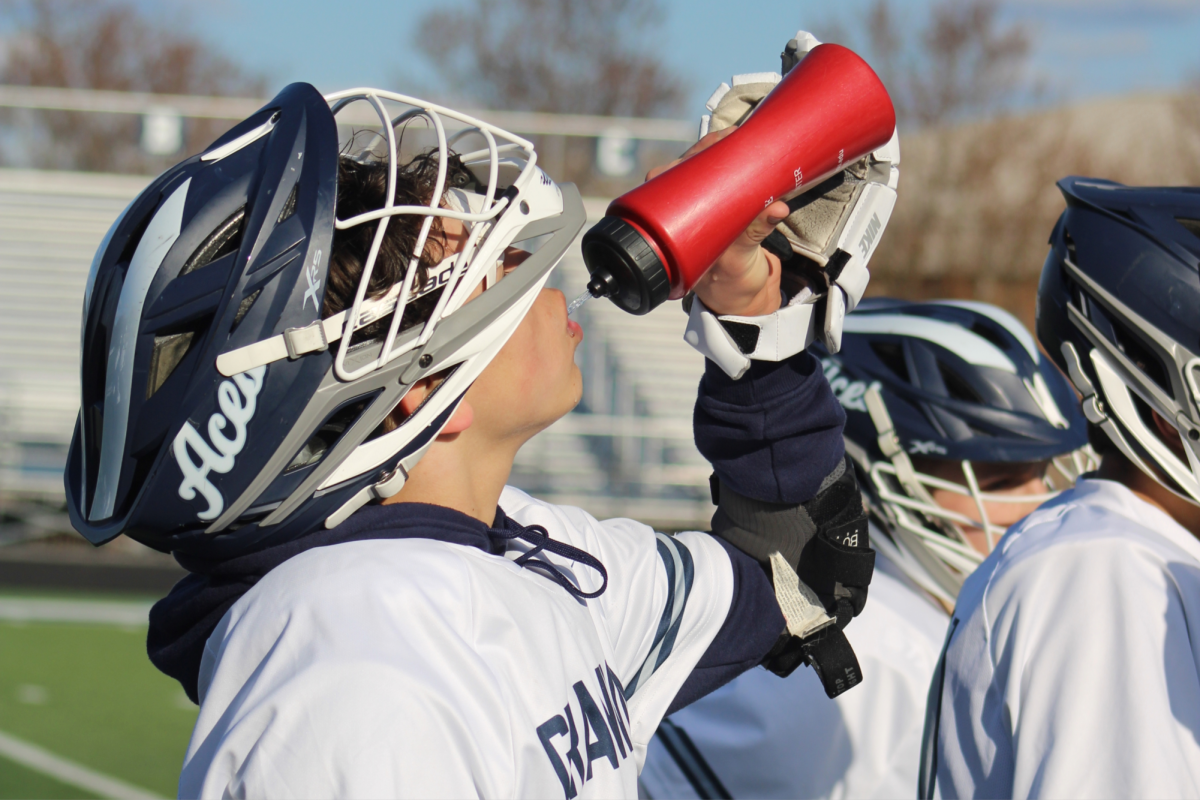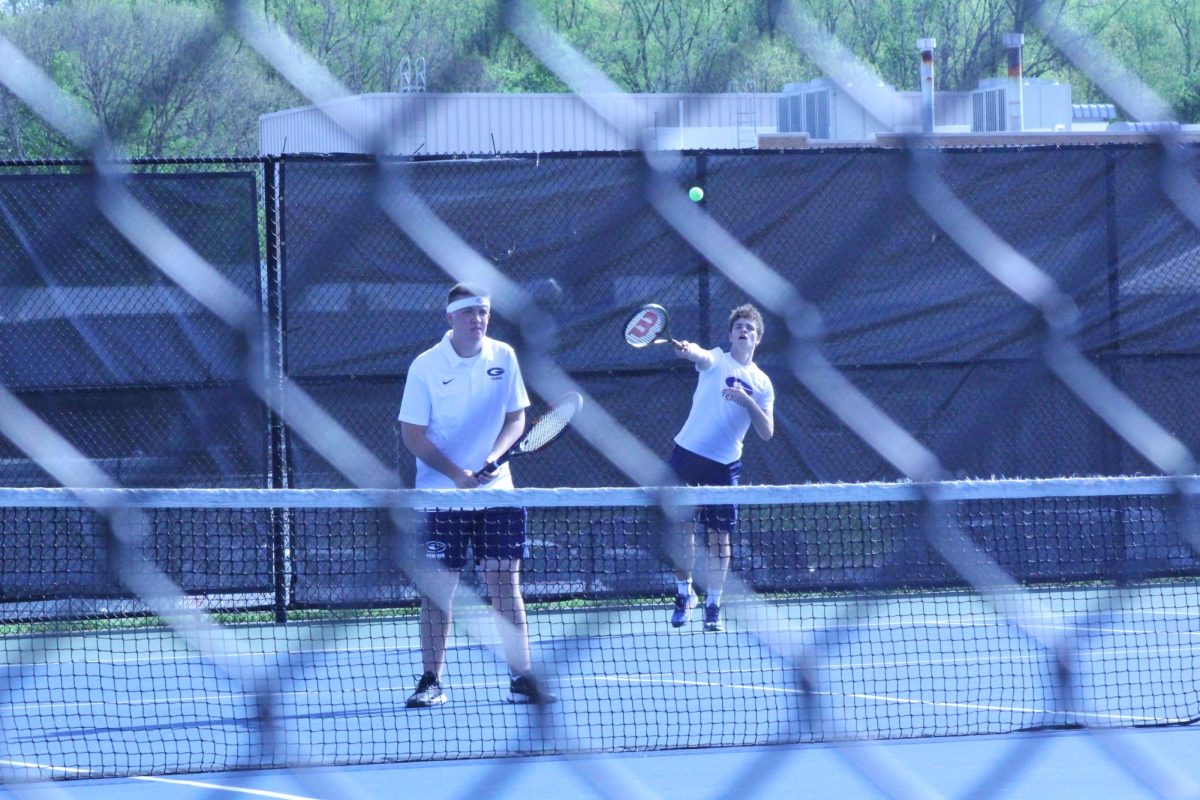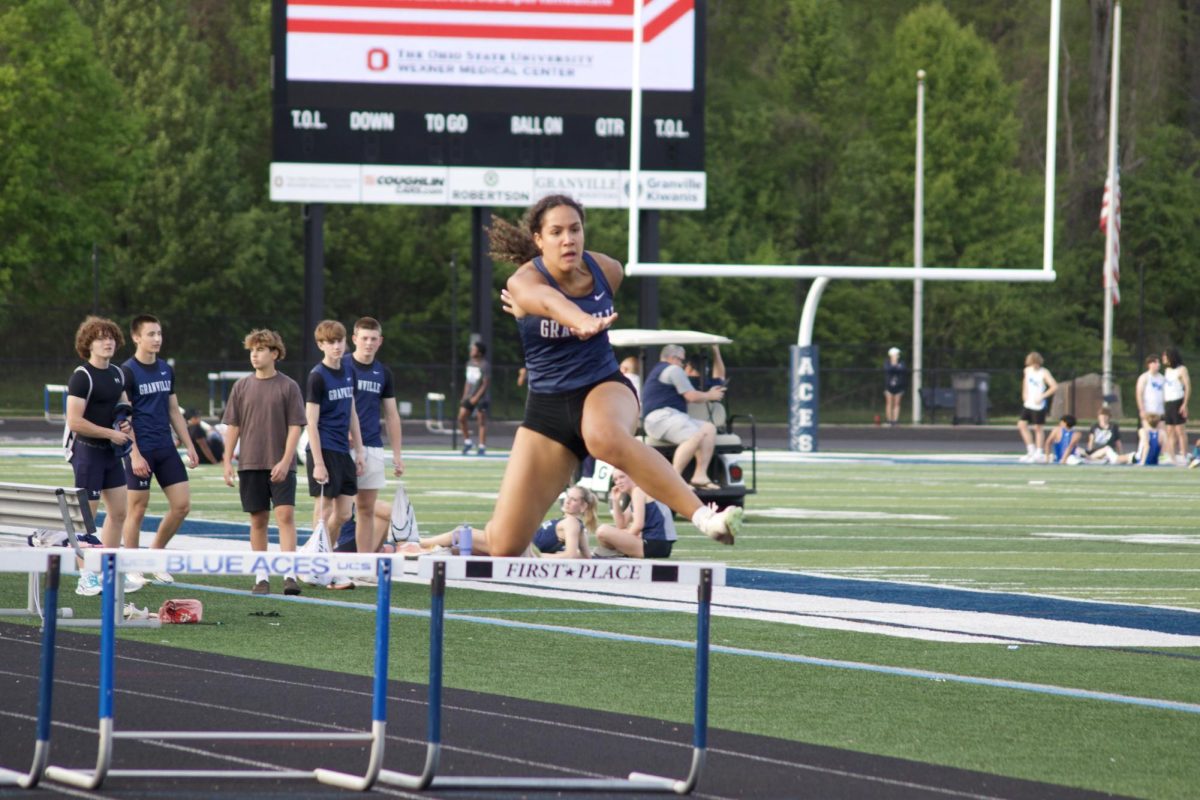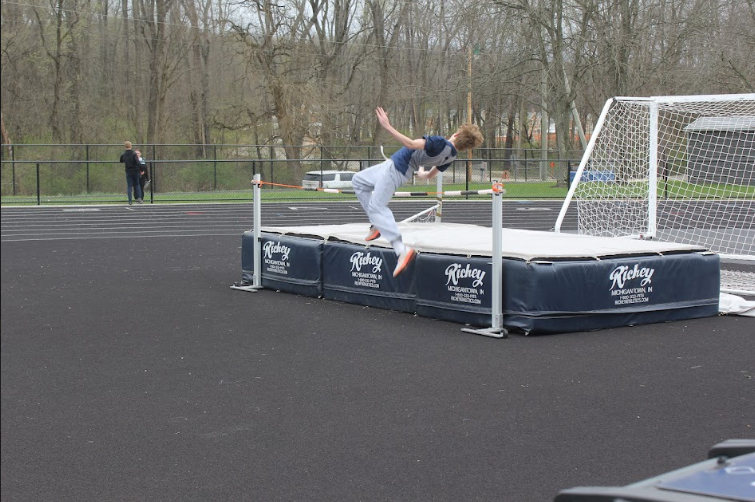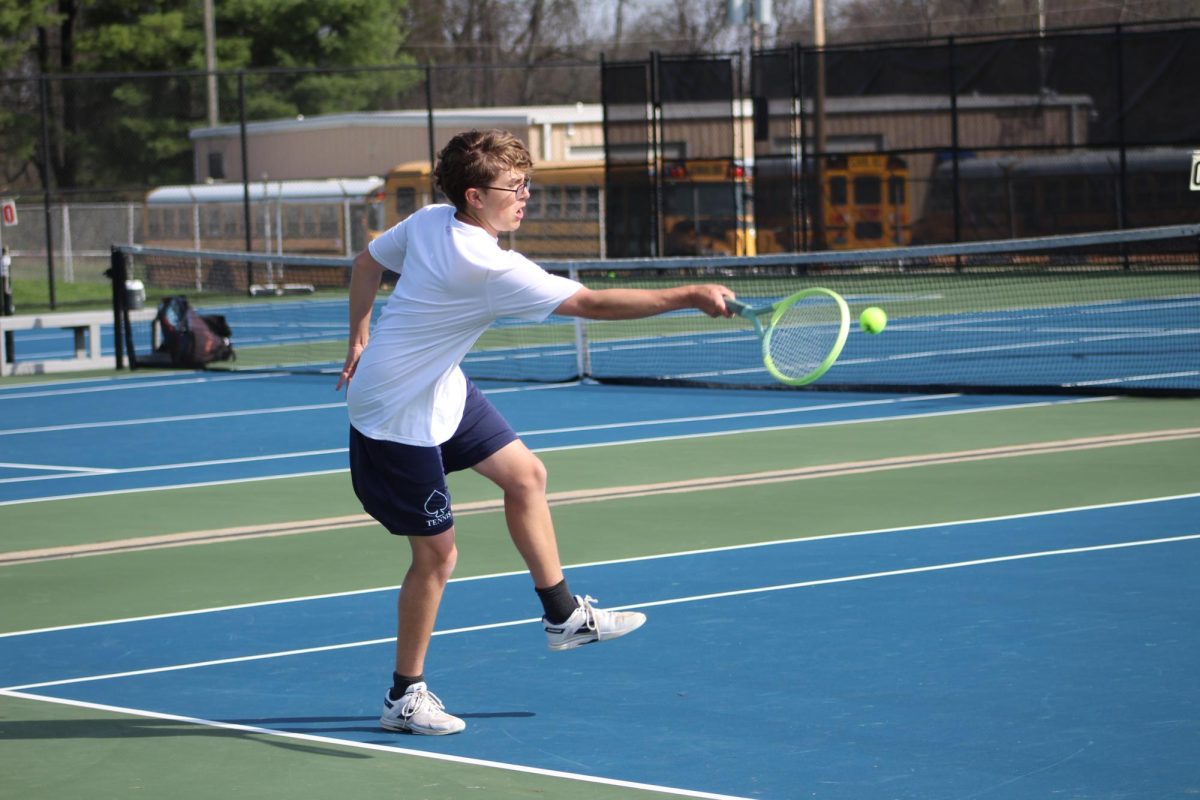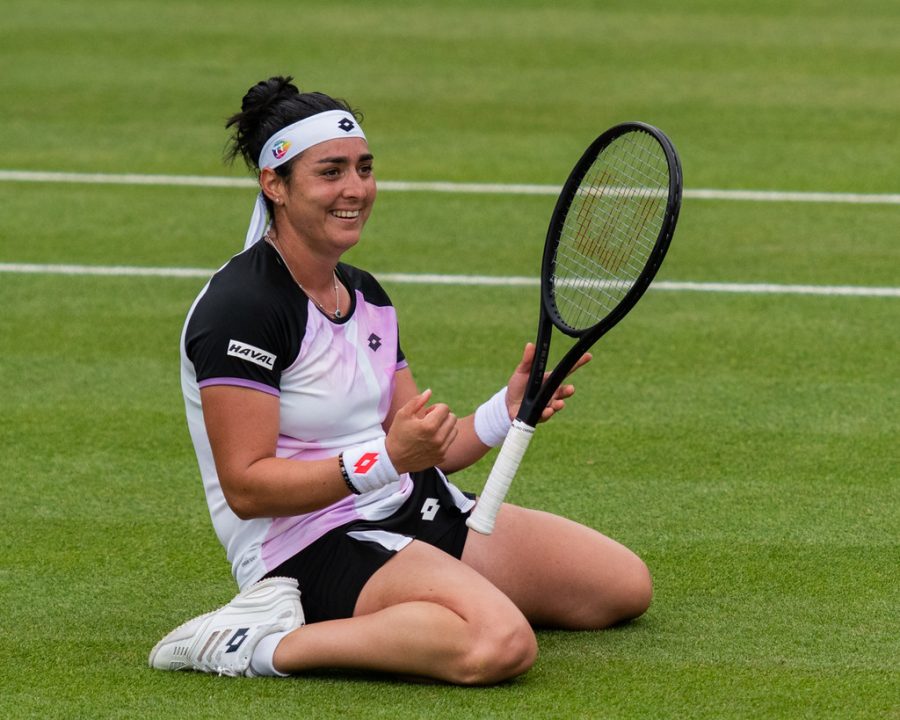Op-Ed: Give Ons Jabeur the attention she deserves
This Tunisian tennis player deserves more media coverage and fan appreciate for all of her accomplishments.
March 15, 2023
Ons Jabeur is a Tunisian tennis player considered one of the best female players in the world, with a career-high ranking of World No. 2 in the Women’s Tennis Association (WTA). She was the runner-up at Wimbledon and the US Open in 2022, becoming the first Muslim and African player, man or woman, to make it to a grand slam final.
On the professional tennis circuit, she is beloved for her varied game and extensive use of drop shots, which closer mirrors men’s professional tennis gameplay.
Even more impressively, Jabeur comes from the small town of Ksar Hellal in Tunisia, without the infrastructure and tennis environment customarily required to develop a professional tennis player.
Her accomplishments have paved the way for African and Arab players in the professional world as she repeatedly makes history for underrepresented groups in professional athletics.
And unlike the vast majority of players on the ATP and WTA tour, Jabeur’s coaching and training team is only comprised of Tunisians, a decided disadvantage compared to her competitor’s imported specialists.
Yet despite her underdog story, she remains relatively unknown inside and outside the tennis world. Granville High Schools Varsity Tennis Coach, Rick Corder says he is an avid watcher of professional tennis, and yet he has no idea who she is.
“I am embarrassed to say that I do not recognize her name,” Corder said.
This is not merely evidence of Granville’s Tennis Coach’s naivete, because, in an informal poll of high school tennis players, only 25% know who Jabeur is.
While there is no incriminating evidence of the definitive culprit for Jabeur’s lack of recognition, the gender disparities in sports probably play a significant role. Specifically, in tennis, women receive significantly less media coverage compared to men, despite similar fan followings.
In 2018, women’s grand slam tournaments received 41% less media attention than men’s despite having more viewers of the US Open and Wimbledon finals.
Furthermore, the coverage is largely centralized on character, actions, and appearances not skill or ability, as men’s are. And when articles are written about female athletes, the focus is on retirement age, maternity leave, diet, or outfits instead of athletics.
So the question must be asked: Why is there a superiority complex engulfing male sports? What makes them so much better?
Female athletes across the board, from tennis to soccer to basketball, work just as hard as men, train just as long, and sacrifice just as much, if not more than their male counterparts, and still that is not enough.
But consumers can change this pattern of misrepresentation and subliminal sexism by being conscious of what they consume and challenging themselves and others to invest in female athletes and teams.
Jabeur is just one of many female athletes changing the world right now. They deserve better.




